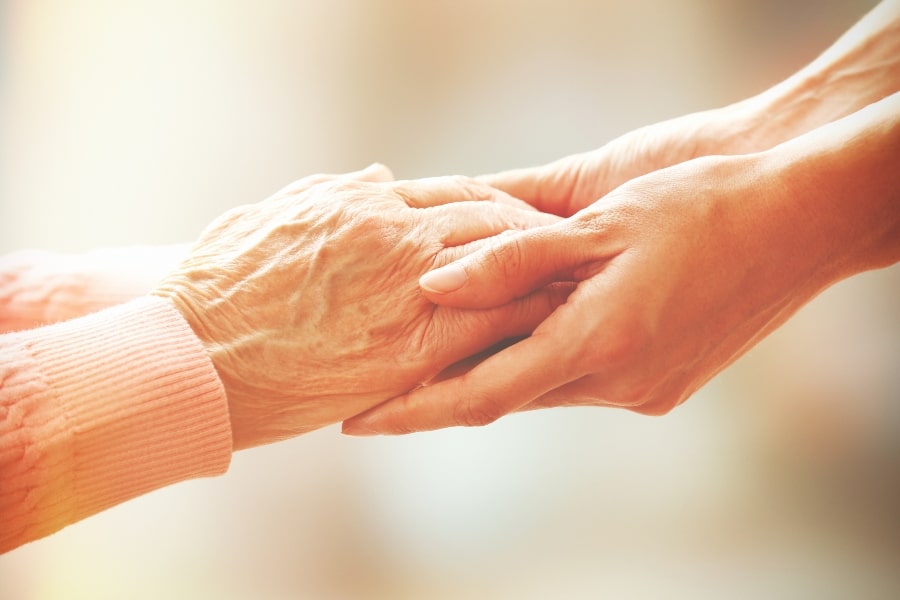News & Announcements


Prioritizing Your Mental Health: Essential Self-Care Tips for Caregivers
Caregiving is more than a full-time job. You devote your time, energy, and attention to someone else’s needs throughout the day, and your loved one often remains on your mind when you go home for the night. While it’s rewarding to be a loved one’s caregiver, it can also be emotionally and physically exhausting if you don’t take the necessary self-care steps. It’s essential to prioritize your own mental health, so you can continue to provide care for your loved one and do it to the best of your ability. Continue reading to find out some essential self-care tips for caregivers.
Take Breaks When Needed
It’s essential to take breaks and step away from your caregiving responsibilities to recharge. Schedule time in your week to have another trusted individual step in as the caregiver so you’re able to run errands or rest. Find activities that you enjoy, such as reading a book, going for a walk, doing a puzzle, or spending time with friends.
Ask for Help
Don’t hesitate to ask for help when you need it. Contact family members and friends or look into community resources for assistance with caregiving tasks.
Exercise Regularly
Regular exercise has numerous benefits for both your physical and mental health. Find an exercise routine that you enjoy. Whether you choose to go to the gym, go for a walk, or practice yoga, all physical activity will help.
Practice Self-Care
Make sure to prioritize your own needs. Sleep well, eat a healthy diet, exercise regularly, and engage in activities you enjoy.
Seek Out Support
You aren’t in this alone. Consider joining a support group for caregivers, where you can connect with others who are going through similar experiences.
Set Healthy Boundaries
It’s important to set boundaries around your caregiving duties. Don’t be afraid to say no to additional responsibilities or requests.
Practice Good Sleep Hygiene
Get enough sleep, stick to a regular sleep schedule, and create a sleep-conducive environment to ensure you have enough energy necessary to caretake.
Practice Mindfulness
Take time to practice mindfulness techniques, such as meditation or deep breathing exercises. These techniques can help you stay calm and focused in the midst of stressful situations.
Stay Social
Stay connected with friends and family members, even if you’re busy with caregiving responsibilities. Social support can help reduce feelings of isolation and stress.
Caring Is Our Calling
Taking care of your mental health as a caregiver is essential for your well-being and your loved one’s. Make sure to take breaks, ask for help, practice self-care, and most importantly, seek support. Remember, you can’t provide the best care for someone else if you’re not taking care of yourself first.
Contact Triniti Home Health & Hospice today to learn more about our services, our team members, and our calling.



